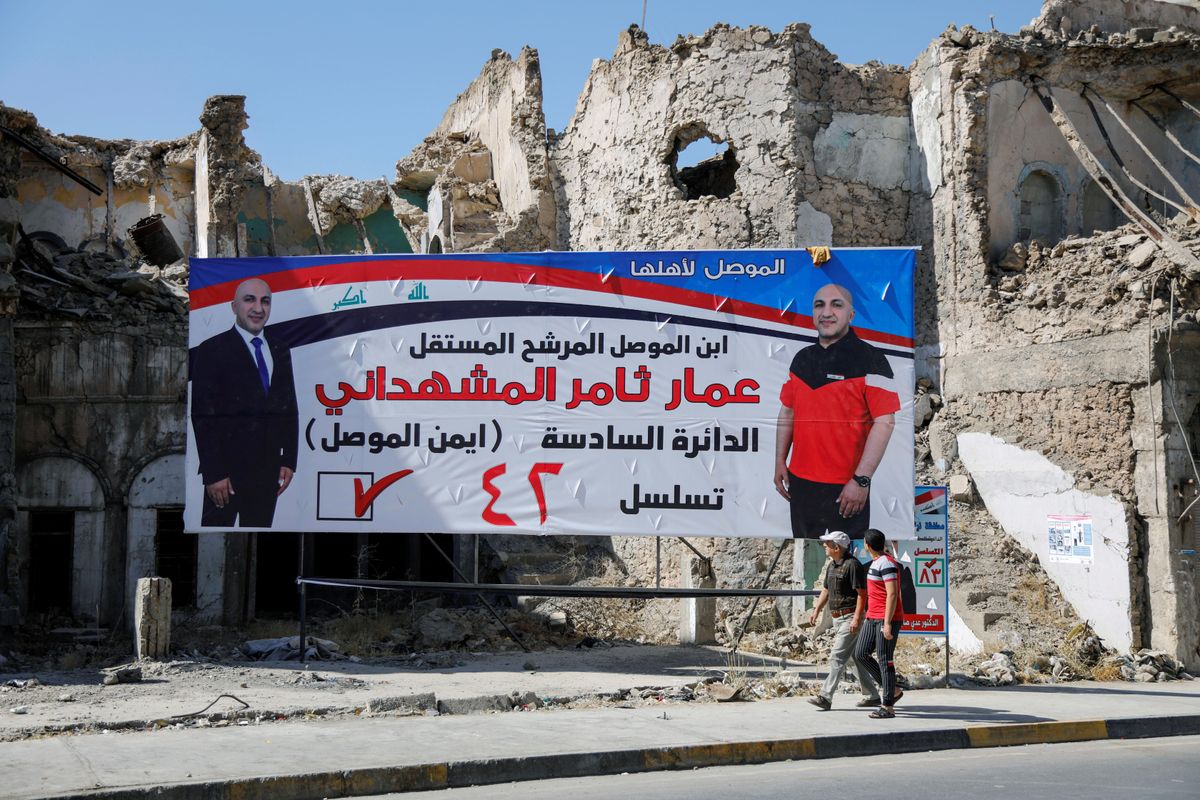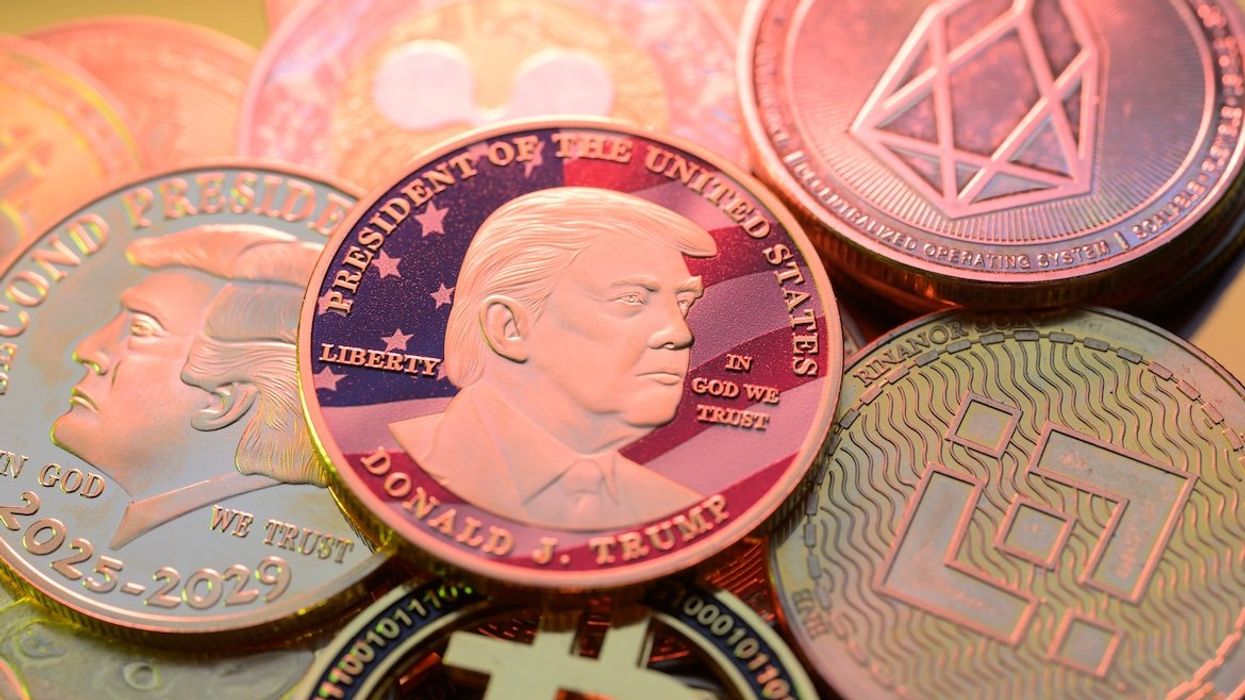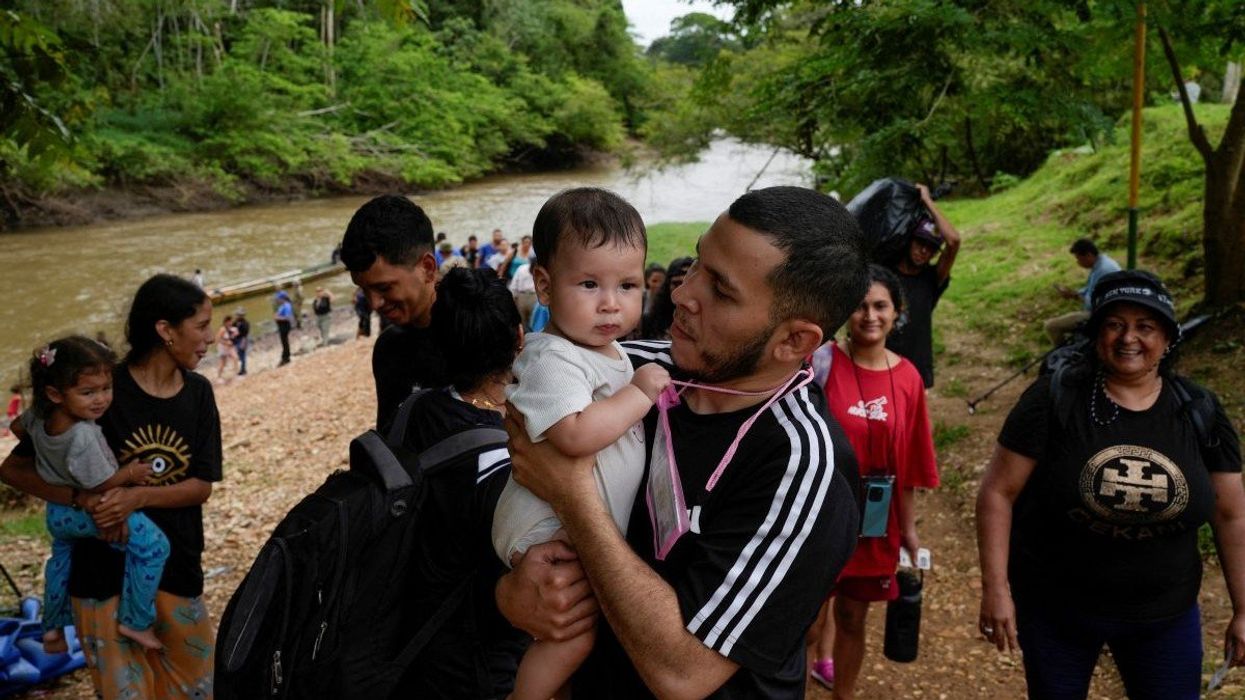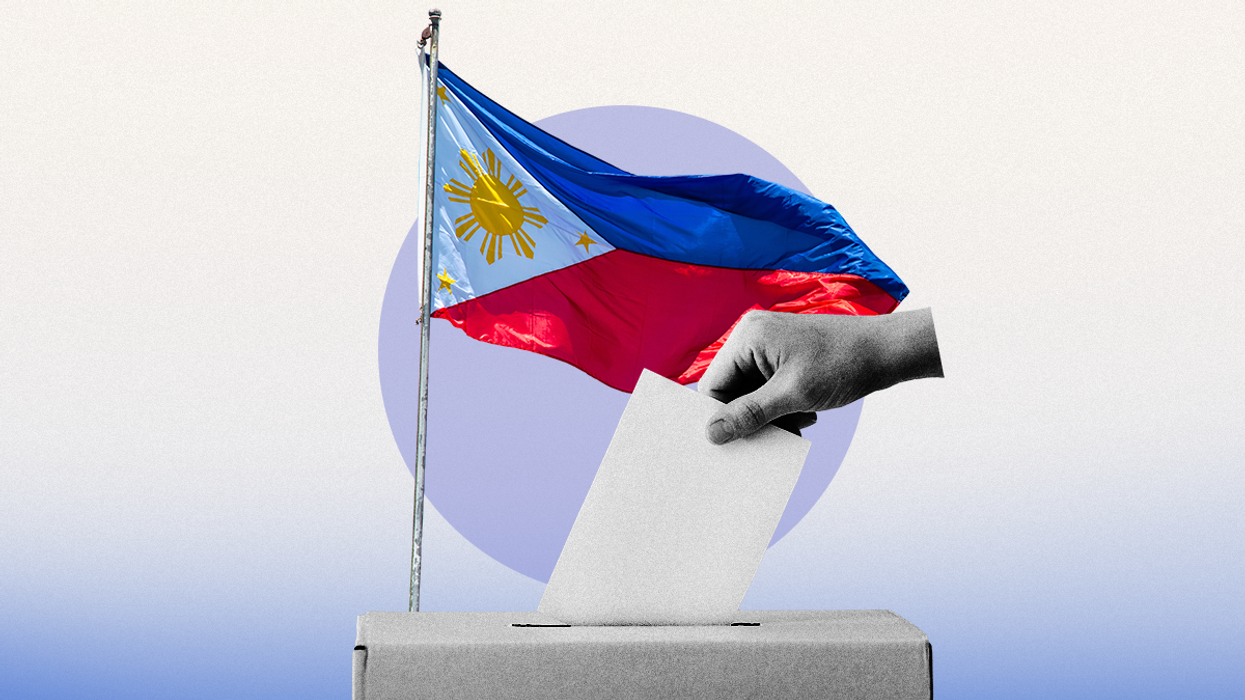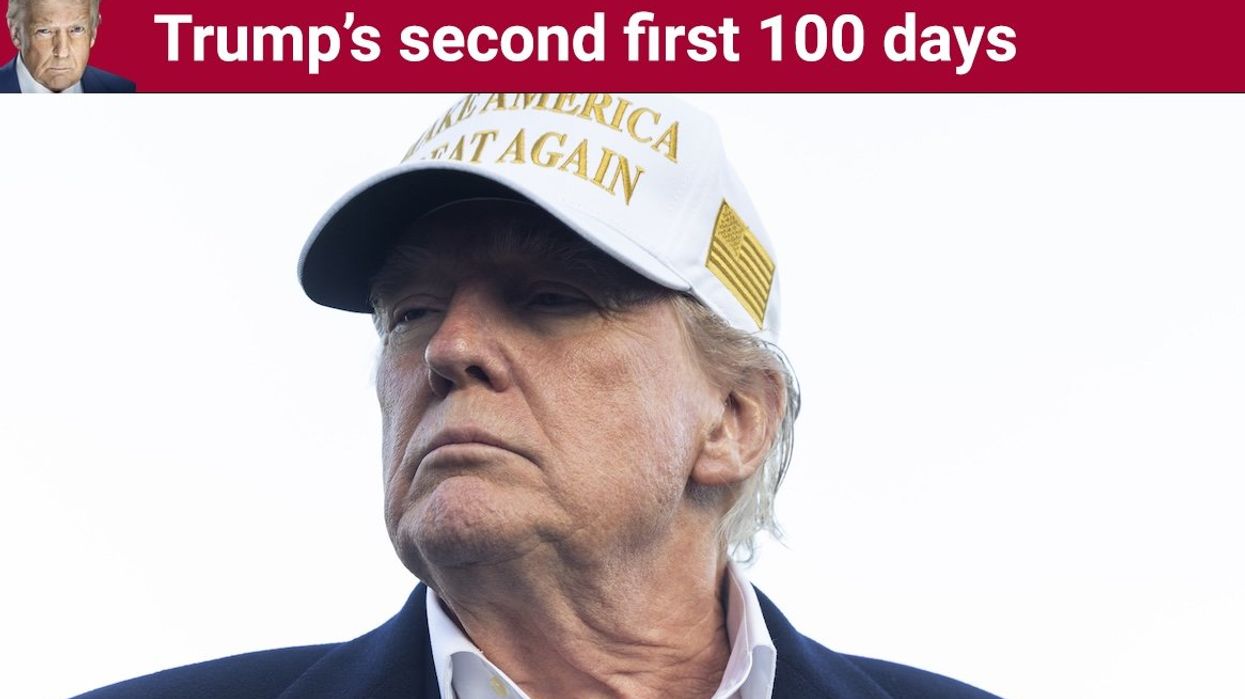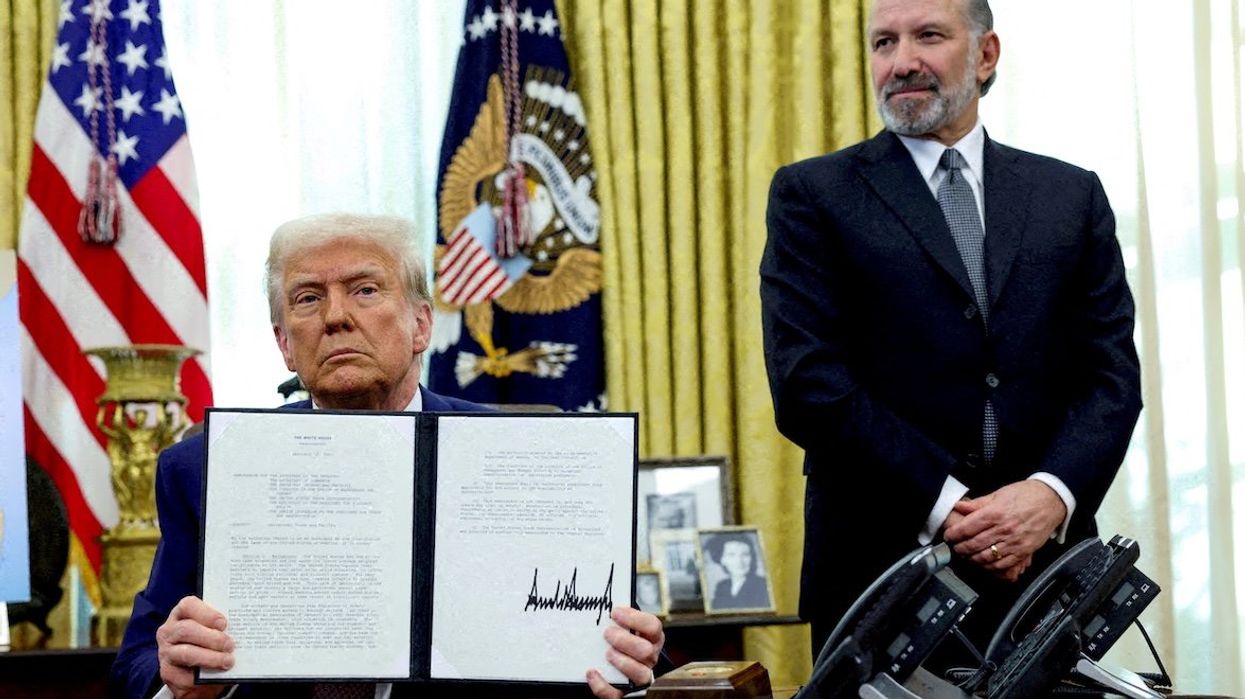Iraq will hold on Sunday its fifth election since the US-led invasion toppled Saddam Hussein in 2003, and the first since a widespread protest movement in 2019 ousted the government in place at that time. Over 900 candidates are vying for 329 parliamentary seats against a backdrop of still-elevated economic, social, and security tensions in the oil-rich country. Eurasia Group analyst Sofia Meranto explains what's at stake in the vote.
Why are the elections being held a year early?
Frustrated with rampant corruption, the power of violent militia groups, lack of economic opportunity and poor public services, the protesters in 2019 called for an overhaul of the country's political system. They demanded changes to allow for more representation of smaller political forces and early elections. Prime Minister Mustafa Kadhimi was appointed in April of the following year with a mandate to address some of these demands, including an early vote. First scheduled for June 2021, the elections were delayed to October to give authorities more time to complete the preparations. Muqtada al Sadr, an influential religious and political figure, initially said he would not participate, raising the risk of another postponement, but he later changed his mind, ensuring elections go forward.
Will they be free and fair?
Though fraud has often plagued Iraqi elections, efforts to bolster monitoring practices by a large cohort of local and international bodies will probably minimize the problem this time around. More concerning is the pervasive climate of fear created by the intimidation and killing of protesters and political activists by the militias that have emerged in Iraq over the past decade. That has cast a shadow over the electoral process. Widespread disillusionment with the inability of the ruling elite to improve living conditions and rein in the militias will suppress participation in Sunday's vote, likely continuing a trend of low participation — the turnout in 2018 was about 44 percent.
If that's the case, do these elections even matter?
Yes. For one thing, election turnout will provide a useful metric of the level of the public's dissatisfaction. But more importantly, the elections will be critical to determine whether Iraq's political system can continue to evolve to meet the demands of its citizens — that is, whether it gives more power to reformers or further entrenches the defenders of the status quo. That will be important to addressing concerns in the political and economic spheres, as well as to continuing the fight against COVID.
What's the expected outcome?
Iraqi elections typically yield a complicated coalition-building process among Shia, Sunni, and Kurdish parties. The allocation of resources and power along sectarian lines adds layers of complexity, but according to an unwritten rule, the next government will likely be led by a Shia prime minister, a Kurdish president, and a Sunni Arab parliamentary speaker. It's the dynamics of competition among the various factions within these three blocs that makes a tilt toward pragmatism likely following this weekend's elections. That would favor the selection of a more moderate candidate such as Kadhimi as PM, and his reappointment would be positive for reforms. If some independent or small groups manage to win seats, that could also help advance changes to the political system. Still, the power of the traditional Shia, Sunni, and Kurdish elites is unlikely to be greatly challenged.
What are Iraq's neighbors and the US watching out for?
They are all be hoping for an outcome that shores up stability in Iraq, while protecting their own interests. Iran remains invested in keeping Iraq in its orbit and not heavily influenced by the US. In turn, Gulf countries (especially Saudi Arabia), Jordan, and Egypt are focused on strengthening their own ties with Baghdad and pushing back against Iranian influence. The US has been seeking to promote reformists, and it backed the current Iraqi government as it tried to pull Iraq closer to its Arab neighbors. Also important to the US will be the new government's stance on the presence of US forces in Iraq, which some parties have opposed. China, meanwhile, is interested in expanding its energy investments in and trade with Iraq, and will be on the lookout for political openings to do so.
